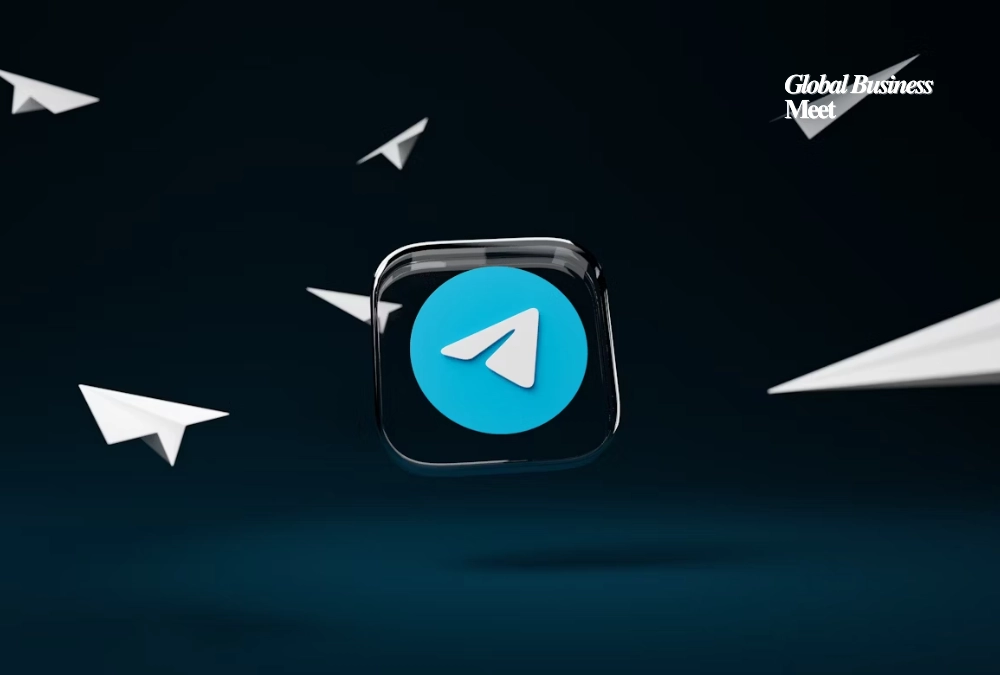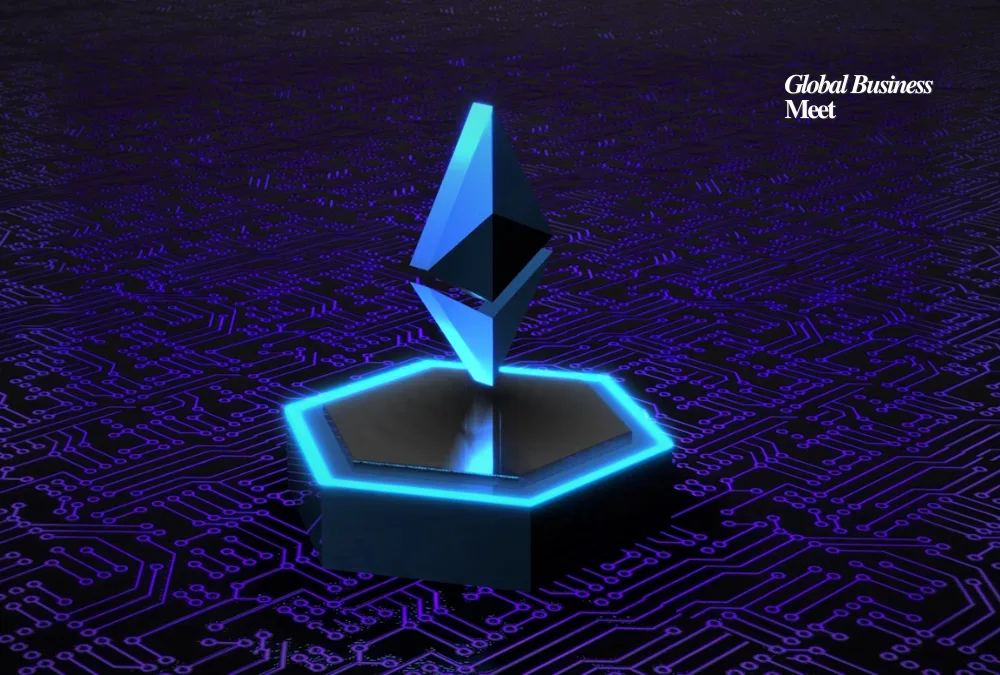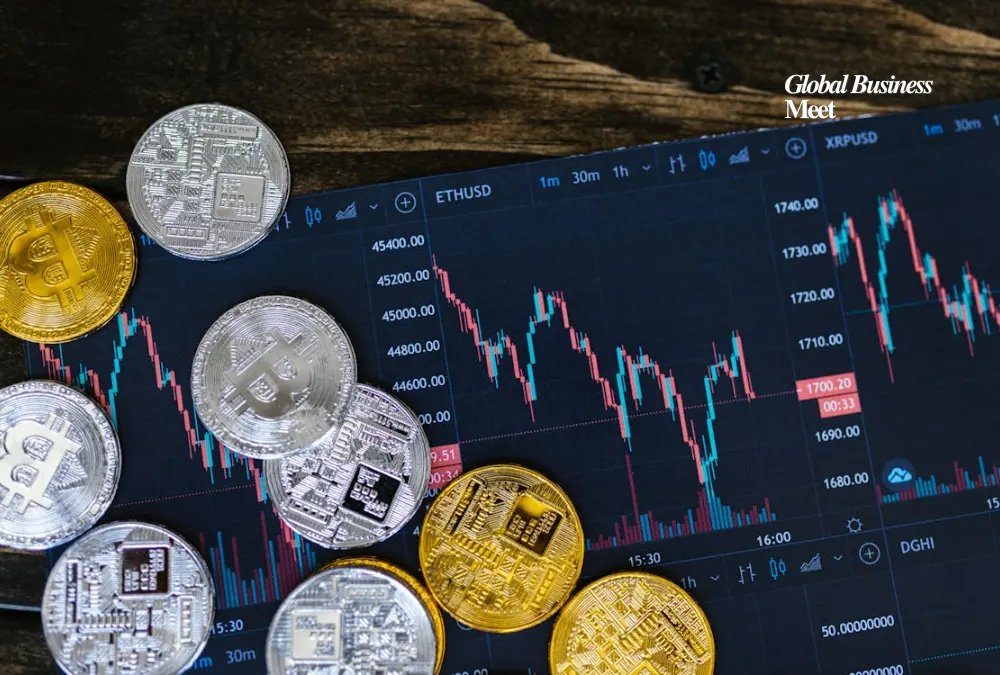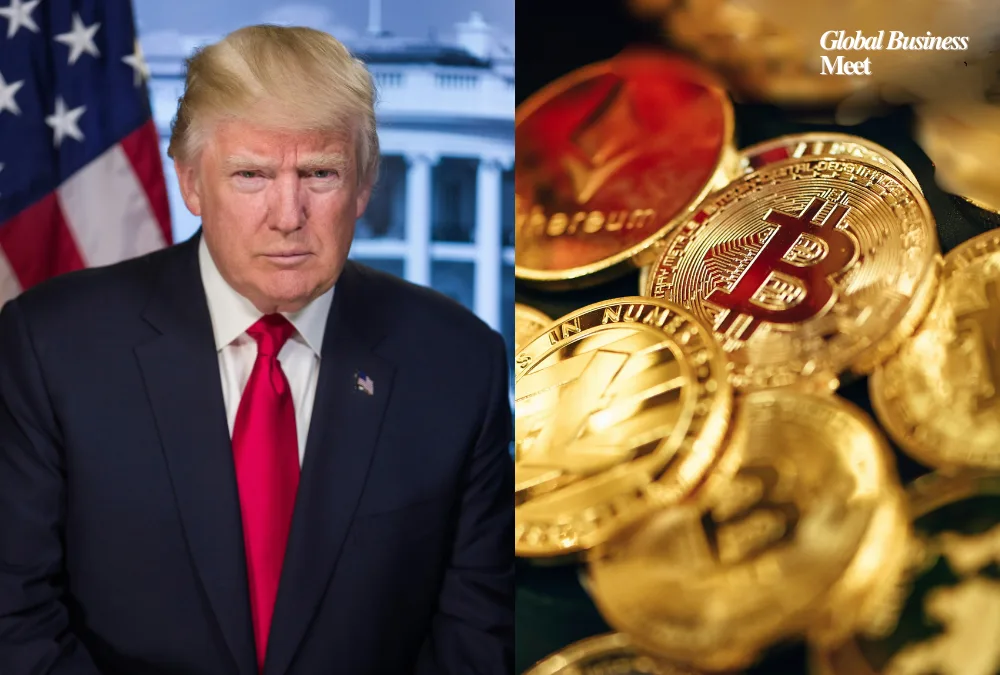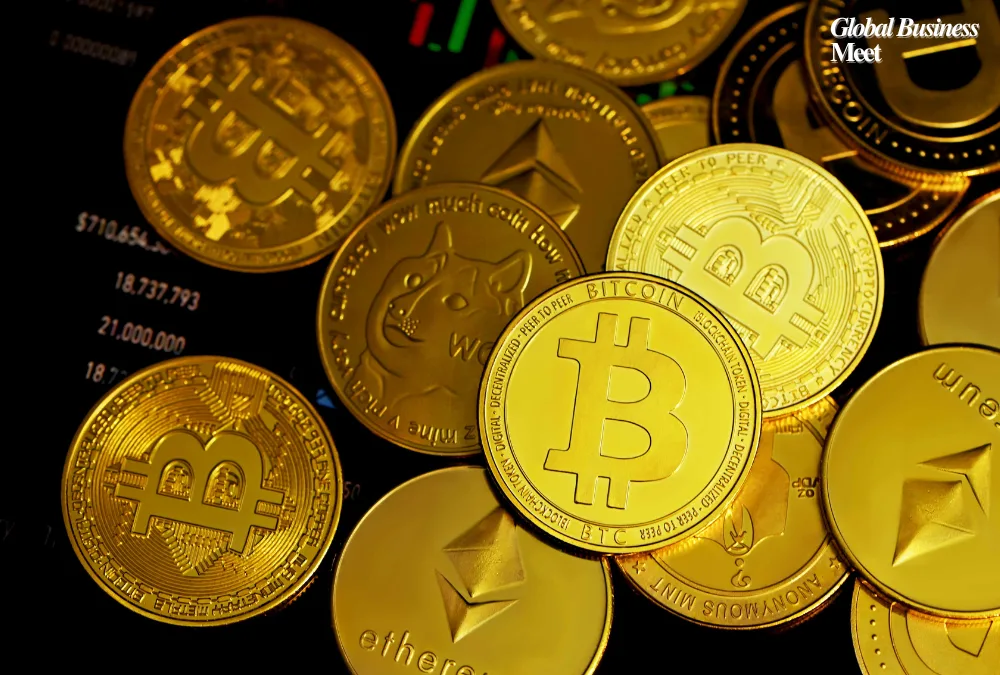
U.S. Securities and Exchange Commission (SEC) is considering major regulatory measures in order to enable the issuance and trading of tokenized securities. SEC Commissioner Hester Peirce revealed on May 8 that the agency’s is contemplating an “exemptive order,” whereby certain firms based on blockchain would be exempt from traditional registration requirements. Such initiative seeks to embrace the new regulatory framework to accommodate changing technologies.
According to the proposed changes, firms that use blockchain technology in issuing and trading securities and settling securities may be excluded from duties of broker-dealers, clearing agencies, or exchanges. This might come in handy, especially for decentralized exchanges (DEXs), that were previously under regulatory pressure. For example, Uniswap got a Wells notice from the SEC for allegedly running an unregistered securities exchange although no charges were ever filed.
Commissioner Peirce stressed that the current regulation, which was put in place well before the appearance of the blockchain technology, might not be appropriate for these new platforms. She said that firms should not be forced to adhere to outdated regulations that may be made obsolete by the characteristics of new technologies. Nevertheless, the companies must comply even if there are potential exemptions with regulations aimed at preventing frauds and market manipulations such as some disclosure and record keeping requirements.
Such a move is a significant change of its role in supervising cryptocurrency under the SEC, and this moves hand in hand with the deregulatory stance of the Trump administration. Through the previous Chair of the SEC Gary Gensler, the agency had more than 100 enforcement actions against crypto firms accused of breaching securities law. On the other hand the current administration, lead by Chair Paul Atkins has confined the jurisdiction of the SEC over the cryptocurrency market. Recent SEC guidelines have implied that some of these digital assets, memecoins, and stablecoins, may not fall within the definition of securities if they are established to be speculative assets with no inherent value or promotions that are strictly to be used as a means of payment respectively.These come together with legislative moves by Congress to re-write the regulatory environment of the digital assets. A draft bill would move much of digital asset oversight from the SEC to the Commodity Futures Trading Commission (CFTC) especially for tokens that would meet certain decentralization requirements. This push of legislation captures the crypto industry’s long running wish to have clearer and more accommodating regulatory regimes.
The SEC’s consideration of a relaxation of tokenized security rules represents a great stride to incorporate blockchain technology into the conventional financial system. The SEC intends to rein in regulatory overhead, but from a position of protecting the essentiality of investor protection. With the evolving regulatory environment, these changes may be the first steps toward wider adoption of tokenized assets in the market of financial instruments.

